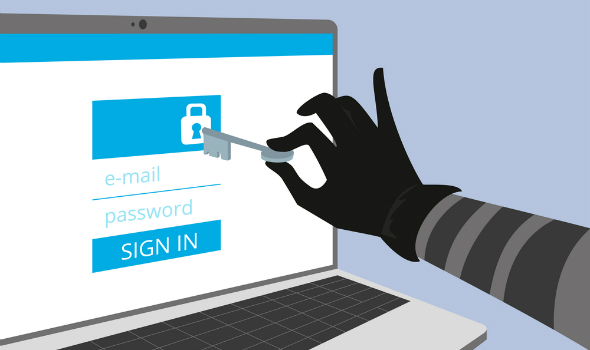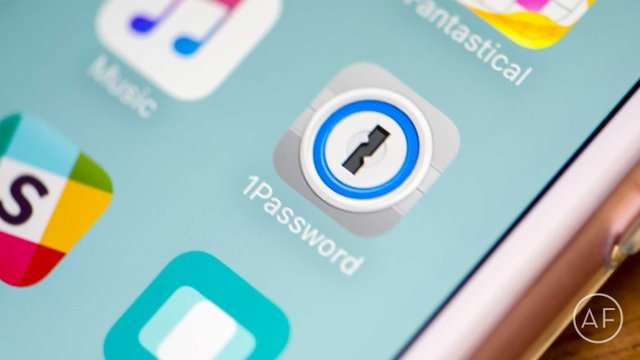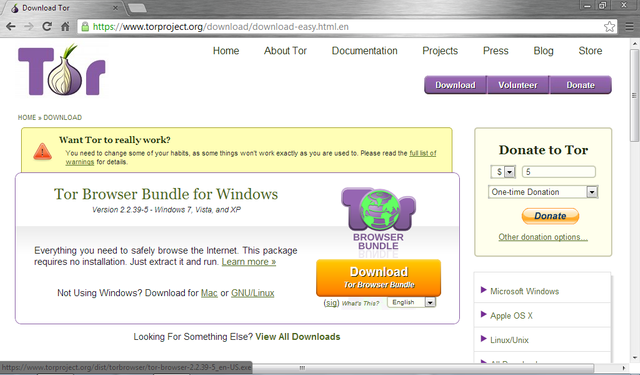5 Ways To Protect Yourself Online

1. TEXTING and PHONE CALLS

Signal is one of the most secure messaging apps currently on the market. So much so, that WhatsApp and Facebook Messenger are using its protocol to encrypt their own services. So whether you are texting or calling someone through Signal, its protocol is designed so only those people in the conversation are able to decrypt the messages. That’s because each user is given a private key. Then every single message and call is given a unique key as well.
2. PASSWORD

Your password is your first line of defense against hacking. So, creating a long and memorable alphanumeric password is essential. When creating a secure password, don’t create a complex word soup. Instead, create a memorable multi-word phrase that’s separated by symbols, is no shorter than 12 characters, has one capital letter, and at least on number.

Creating and memorizing unique passwords for every single login can be nearly impossible. Luckily, applications like “I Password” and “Lastpass” make this feasible by generating complex password alternatives, and then securely storing all of your logins behind encryption.
3. TWO-STEP VERIFICATOIN

This is an extra layer of protection that drastically decreases the likelihood of your account being accessed by others. Each time you login to your account from a new device, the website or app will send a unique code to your mobile device that hackers can’t access. You can enable it for services such as: Facebook, Twitter, Google’s apps, Paypal, and more.
4. MOBILE BROWSERS

Mobile devices in their very nature limit your options for anonymity; but, there are some browsers that can help your browse more anonymously. Ghostery is an amazing browser that allows you see how companies track you, and then let you block some or all of their tracking mechanisms.
5. DESTOP BROWSERS

For extreme browsing security, you can try the Tor browser. This is the most secure and anonymous browsing experience; but, that security comes at the cost of speed. It uses a technique called “onion routing,” which wraps your data in a series of encryption jayers while masking your IP address.
nice post. thanks for sharing :)
When mainstream news reports that WhatsApp and Signal are safe to use and have not been compromised, contrary to Wikileaks publications that the CIA has backdoors into Signal - and WhatsApp being owned by globalists who hate free speech.... Do you believe Zuckerberg or Assange?